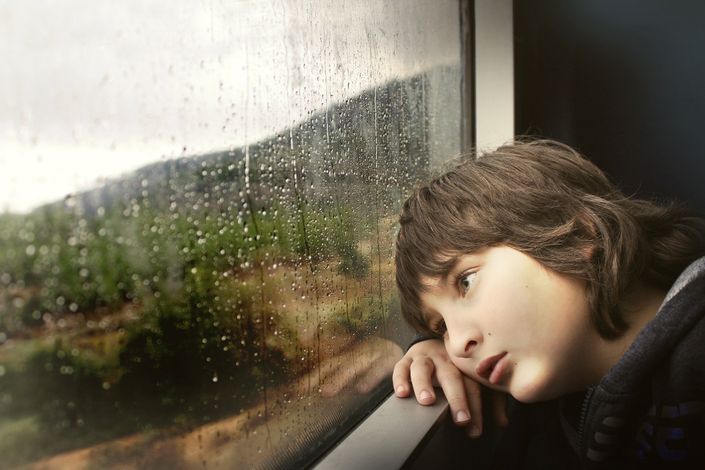
Trauma & Children: Teaching & Classroom Strategies to Support & Empower
Support Healing & Build Resilience in Children with Trauma
Enroll in Course
Teachers need accurate guidance on helping children and families who have been exposed to trauma and Adverse Childhood Experiences (ACEs). Trauma can be caused in many different ways.
Relational trauma is often the result of a parent or care-giver’s own untreated relational trauma and occurs when there is consistent disruption of a child’s sense of security and love within the family. It is often caused by a sense of abandonment or enmeshment, where unhealthy emotional relationships are created which will affect a child's development and learning.
This great instructional video course is designed to enhance your understanding of the impact of childhood adversity, trauma and toxic stress and provides an invaluable insight into why children who have or continue to suffer trauma, behave the way they do.
By simplifying and condensing the complex world of childhood trauma into tangible, easy to grasp terms, this course will equip you with a number of trauma-informed classroom strategies and approaches with which to respond to the consequential complex needs of trauma-impacted children and adolescents.
What you will learn:
- What trauma & adverse childhood experiences (ACE) are
- Common classroom signs & behaviours exhibited by children that have experienced trauma or ACE's
- How to respond and support a child
- How to create a supportive and empowering environment for a child
- How to maximise your childs learning & support socio-emotional development.
- How to protect children from further adverse experiences
Course Duration
Circa 60 mins+ (video lesson content). Additional needed for learnign excercises and review.
What's included?
Video lessons
Downloadable Resources
Access on a tablet or phone
Certificate of Completion

"I couldn't recommend this course more!"
- Dr. Kate James, Educational Psychologist.
Course Curriculum
-
Start1.1_What is trauma? (0:48)
-
Start1.2_The Impact of Trauma (1:29)
-
Start1.3_Adverse Childhood Experiences (1:29)
-
Start1.4_Limitations of the ACEs Study (2:02)
-
Start1.5_The misinterpretations of the ACEs system (0:58)
-
Start1.6_Introduction to stress (0:27)
-
Start1.7_Types of stress (1:25)
-
Start1.8_Toxic Stress
-
Start1.9_Types of stress response (1:58)
-
Start1.10_Stress Responses in the Classroom (1:18)
-
Start1.11_Survival Behaviours (0:47)
-
Start1.12_What can educators do? (1:26)
-
Start1.13_Lesson 1 Summary (0:48)
-
StartTest My Knowledge- Chapter 1
-
Start2.1_Attachment Styles (2:46)
-
Start2.2_Why does attachment matter in schools? (1:23)
-
Start2.3_Insecure Attachment in the Classroom (1:33)
-
Start2.4_Developmental or Relational Trauma (1:33)
-
Start2.5_Traits of securely attached pupils (1:32)
-
Start2.6_What is self-regulation (1:05)
-
Start2.7_Self-Regulation in Secondary Pupils (1:07)
-
Start2.8_Self-Regulation Interventions (1:39)
-
Start2.9_The“Bottom-Up” Approach (2:00)
-
Start2.10_The Neurosequential Model of Education (NME) (1:22)
-
Start2.11_ADHD & Trauma (1:08)
-
Start2.12_ADHD as a Risk Factor for Trauma (1:58)
-
Start2.13_Part 2 Summary (0:57)
-
StartTest My Knowledge Chapter 2
Your Instructor

Lucy is an experienced school leader specialising in trauma-responsive practice. She currently works as a School Development Partner for a group of therapeutic schools across London. A qualified teacher with two postgraduate degrees in psychology, she has spent her career seeking to understand the causes of challenging or antisocial behaviour and how this creates barriers to learning. Most of her experience has involved working with very complex and vulnerable children and young people who have suffered a variety of adverse childhood experiences.
